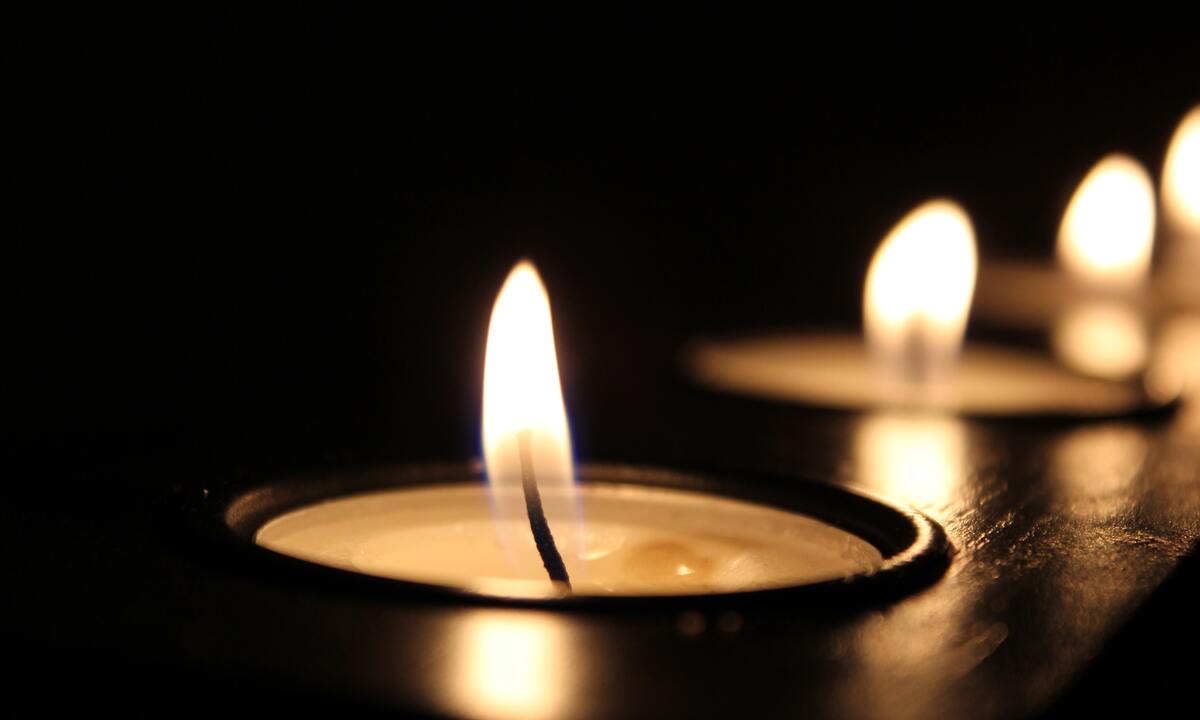News
South Africa Prepares for Harsh Winter Power Outages

Lindie Dlamini, a mother of two from Johannesburg, expresses concern as South Africa’s power crisis is expected to worsen. The country’s frequent power cuts, known as load shedding, have become routine for over 15 years. However, the government now plans to implement up to 16 load shedding stages, leaving households without electricity for most of the day as reported by DW.
The impact of load shedding extends beyond homes, affecting industries such as agriculture, forestry, mining, and fishing. The South African Reserve Bank estimates that load shedding had a 2.1% negatively impacted the country’s gross domestic product (GDP) in the third quarter of 2022. As power cuts have become more frequent and prolonged, the public sector has also suffered, with traffic lights malfunctioning, hospitals relying on generators, and government departments unable to issue documents.
Thelma Ramalepe, a school employee in Johannesburg, highlights the adverse effects on education. The power crisis has disrupted academic progress, forcing schools to operate without electricity. As a result, many schools are dependent on small generators fueled by petrol.
Growing frustrations among citizens have sparked concerns of potential social unrest as winter approaches. In WhatsApp groups and social media channels, discussions revolve around protecting against looters in case of violent protests like those witnessed in KwaZulu-Natal Province two years ago.
Also Read: Eskom – South Africa’s struggling energy giant
Eskom, South Africa’s power provider, continues to struggle to maintain the country’s electricity infrastructure. Eskom’s failure is attributed to the lack of investment in network upgrades and inadequate support for lower-income households. The situation is exacerbated by illegal connections to the power grid, particularly in impoverished informal settlements. These unauthorised connections account for up to 50% of electricity usage in certain areas, leading to frequent transformer failures.
The power crisis takes a dark turn with the involvement of organiseds crime and government corruption. Criminal syndicates have been stealing parts from the national utility infrastructure, causing material shortages such as copper. Intelligence reports reveal that these syndicates now hold coal-powered plants hostage. They engage in activities resembling those of drug cartels, stealing coal, diluting deliveries, and setting coal prices for power plants. Failure to comply with their demands results in the destruction of plant components.
Allegations of widespread corruption within Eskom have also surfaced, with executives accused of embezzling funds amounting to $55 million per month over the past decade. These revelations, presented to parliament by former Eskom CEO Andre de Ruyter, have shaken the nation. However, the investigation’s methodology has drawn criticism for its alleged lack of due process.
Rumours of total blackouts further escalate the crisis. Concerns are mounting among the population about a complete electricity shutdown for extended periods. These fears compound the challenges ordinary citizens face, particularly those living in poverty and unable to afford alternative heating sources.
President Cyril Ramaphosa’s government is increasingly blamed for failing to adequately address the power crisis. While efforts have been made to establish new ministries and introduce renewable energy solutions, citizens demand accountability for the ongoing crisis.
Renewable energy offers a potential way out of the power crisis, with many households and businesses opting to go completely off the grid. As a result, the solar industry has experienced significant growth, and the private sector is expected to generate more electricity than Eskom by 2025. However, the high costs associated with installing solar panels, averaging around $10,000, hinder widespread adoption.
Adding to the challenges, the government is considering imposing a tax on solar off-grid users. As Eskom’s revenue declines, the government seeks alternative sources of income, despite the contributions made by solar-powered households to the national grid.
The power crisis in South Africa continues to impact daily lives, with citizens longing for a sustainable solution ensuring reliable access to electricity.
Also Read:
Residents of Frankfort issue dire warning of drastic action in solar battle with Eskom
Follow us on Google News
Photo by SİNAN ÖNDER

















